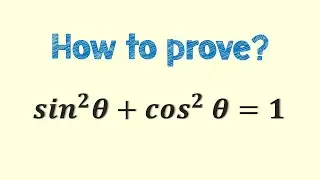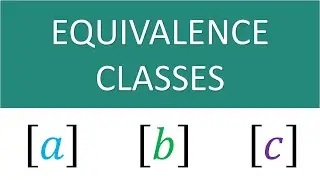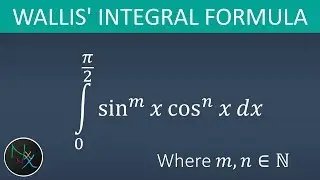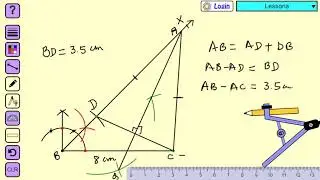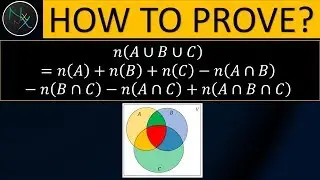Why can't the base of a log be negative, How to find logarithm of a number with negative base
Why can’t the base of a log be negative? Or Can the base of a log be a negative number? Or
Can the negative base of a log function be defined?
All of these questions have the same meaning. So, the best way to get the answer to these questions is to put a negative base in log and see what happens?
Suppose y equals log-base-negative 2 of 3; which can be written as the natural log of 3 upon a natural log of 2 times negative one.
Further, the expression on the right-hand side can be written as the natural log of 3 upon the sum of the natural log of 2 and the natural log of negative one.
Now, we can write a negative one equals the sum of the cosine of pi and iota times sine of pi.
I am ignoring general form, here.
By using Euler's formula, we can write a negative one equals “e” to the “i times PI".
Taking the natural log on both sides of this equation, we get a natural log of negative one equals “I" times PI.
Which is a purely imaginary number.
If we substitute the value of the natural log of negative one, we get y equals natural log of 3 upon the sum of the natural log of 2 and iota times PI.
This implies; y is an imaginary number, which is often called a complex number.
When we talk about complex functions, it is fine. But in case of real-valued-functions; negative input is not defined at all.
So, what next? If you want to know “Why is log not defined for negative values”, then watch this.
If you enjoyed watching this video, please hit the like button and consider subscribing my channel to get upcoming uploads. Thank You.









